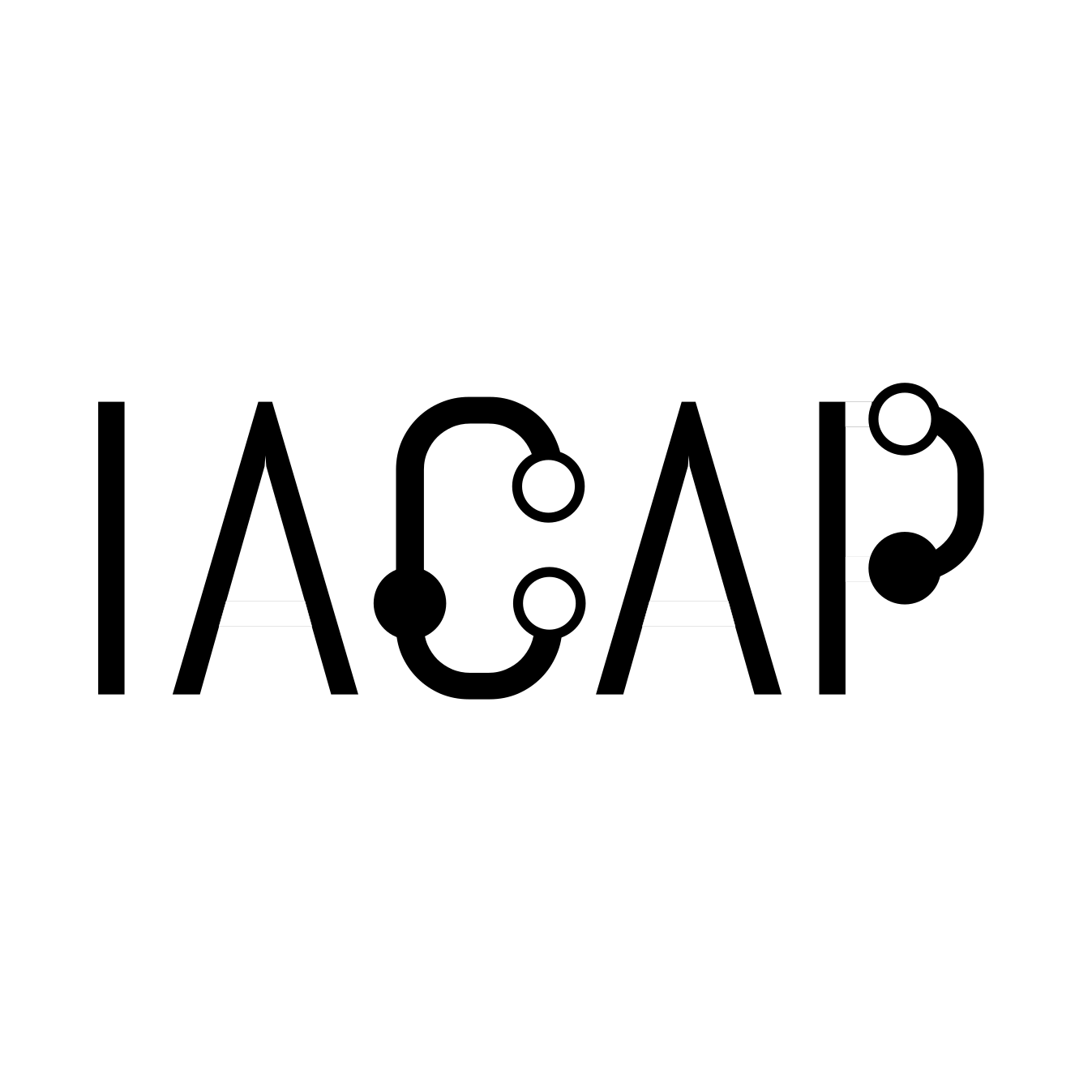The International Association for Computing and Philosophy (IACAP) is pleased to put out this call for abstracts for its next conference in 2026.
- Conference Dates: July 15-17, 2026.
- Conference Location: University of Kansas. Lawrence, KS, USA.
- Conference Host: Center for Cyber-Social Dynamics.
- Conference Website: https://iacapconf.org
- Conference Call for Papers: Submission Platform
- Call for Nominations: Covey Award 2026, Simon Award 2026
Important Dates
- Extended abstracts for individual talks (up to 1000 words) due on: January 31, 2026.
- Workshop proposals due on: January 31, 2026.
- Notification of acceptance: March 31, 2026.
- Conference registration will open on: April 1, 2026.
- Call for Nominations for Covey and Simon Awards due on: February 28, 2026.
Tracks
IACAP has a long tradition of promoting philosophical dialogue and interdisciplinary research on all aspects of computing. Its members have contributed to the philosophical and ethical debates about computing, information technologies, and artificial intelligence. The 2026 annual conference will continue this tradition by bringing together researchers from various fields who are interested in the topics covered in our tracks, such as:
- Computation, Cognitive Science, and Cognition
- Computational Methods in the Sciences
- Computer-Mediated Communication
- Epistemological Issues in Artificial Intelligence and Computing
- Ethics of Artificial Intelligence, Computation, Information, and Robotics
- Human-Computational Systems Interaction
- Information Culture and Society
- Philosophy and History of Computing
- Philosophy of Artificial Intelligence
- Philosophy of Artificial Life and Biologically Inspired Computing
- Philosophy of Information and Information Technology
- Robotics and Embodiment
- SIG: Mind and Machines
- Societal and Environmental Impact of Computing Technologies and Automated Systems
- Theoretical Problems in Computer Science
- Virtual Reality
Special Tracks
Automation in Science
From software-intensive science (e.g., computational biology, chemistry, etc.) to machine learning techniques in fields like particle physics, computational methods have been playing an increasingly important, and often indispensable, role in the way we conduct scientific inquiry. Increasingly, the role they play can be characterized as automation, since these techniques accomplish tasks previously conducted exclusively by human intervention. This track invites papers that aim to explore the philosophical (i.e., epistemological, ethical, or civilizational) implications of such a development from perspectives such as philosophy of science, philosophy of technology and/or philosophy of computation amongst others.
Epistemology of ML
Contemporary Machine learning (ML) approaches are being increasingly used in both formal and practical inquiry— e.g., science, policy-making, finance, etc.— in novel and important ways. Yet, their epistemic properties, roles, import and status are far from established. We invite papers that explore epistemological issues in machine learning and its applications.
Pragmatics of LLMs
Recent advances in large language models (LLMs), and the increasing institutional adoption of favoured services, create opportunities for philosophers to develop experience-based frameworks for professional practice and philosophical work. This track invites papers examining how philosophers develop norms and guidance for LLM use in research, professional, and collegial contexts, addressing questions of professional responsibility, pedagogical guidance, and the identification of problematic practices, informed by recent developments in LLM capabilities.
Workshop proposals
A workshop typically lasts around 90 min. Various formats are possible, from a themed session with various pre-selected papers on a defined topic to book symposia. If you have an idea but are unsure about its fit, please contact us beforehand. For a workshop proposal, please provide:
- (a) a short abstract (approx. 200-300 words) describing the workshop in such a way as to be displayed in the conference program;
- (b) an extended abstract (approx.) 1000 words that describes and justifies the workshop topic in more detail; and
- (c) upload a set of short abstracts for each paper in the workshop.
Submission Information
Past conferences
- See links to our past conferences

